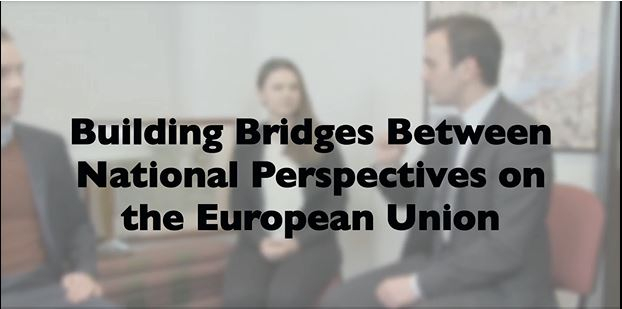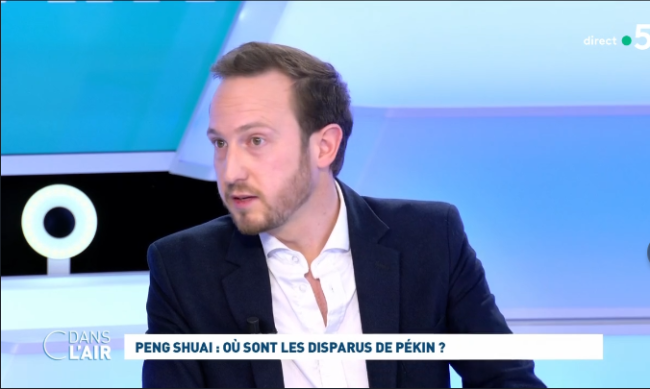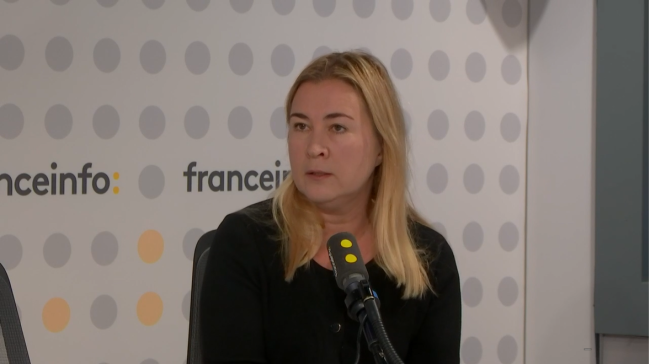Media Interventions
Our researchers intervene in the public debate and bring their light to the French and international media. Discover all their media interventions.
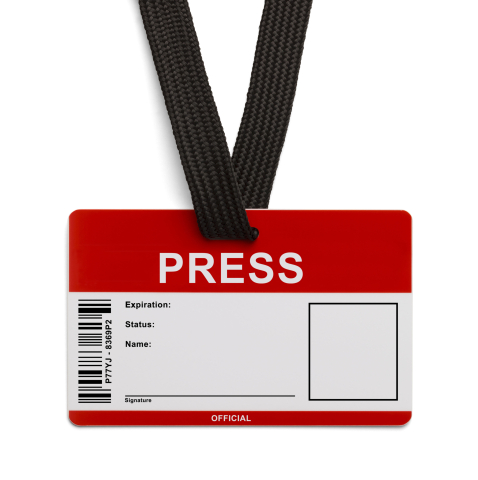


What new climate measures are G7 countries taking after Paris deal?
A month after COP21 summit, club of major economies weighs policy tweaks to meet tough global warming goal.
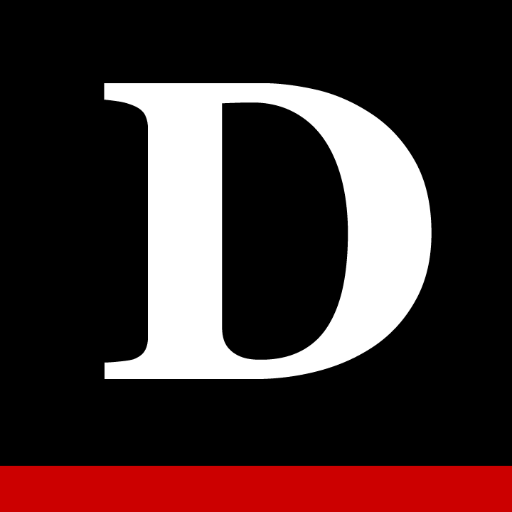

On the Campaign Trail in Taiwan
Taiwan remains a hyperactive democracy, where political rallies and gatherings of various types are being organized in all directions as the elections draw near. This photo essay shows photos mainly taken during political rallies in Taipei in December 2015, two to three weeks before the presidential and legislative elections on January 16, 2016.


La prueba nuclear norcoreana refuerza el papel de EE UU en Asia
Corea del Norte ha tratado esta semana de aumentar la presión para ser reconocida como una potencia nuclear con la prueba del pasado miércoles en la que aseguraba que empleó una bomba de hidrógeno. Y ha introducido un nuevo elemento en el gran juego de alianzas estratégicas y comerciales que Estados Unidos y China disputan en el siglo XXI en Asia, un tablero de ajedrez que representa el 38,8% del PIB mundial. La prueba nuclear ha dejado en evidencia la falta de control de Pekín sobre Pyongyang y ha reforzado el papel de Washington como garante de la seguridad en la región.
Building Bridges Conversation Series - Ireland & the Netherlands
This new episode of the Building Bridges Conversation Series is part of the "Building Bridges" project, which aims to foster debate on the future of the European Union and offer top quality analyses on how each member state perceives the EU. In this video, Vivien Pertusot, coordinator of the project, discusses with Marie Cross from the Institute of International and European Affairs (Ireland) and Adriaan Schout from Clingendael (the Netherlands).


Great-Britain Whistle-Stop Tour of the EU
The consultations on Cameron’s demands were run with the EU members by the head of the European Council, Donald Tusk from Poland. Tusk wrote down what was said and sent a letter to London and other European capitals. The letter was quite peculiar, admits Vivient Pertusot, the head of the French Institute of International Relations (IFRI) in Brussels.
Building Bridges Conversation Series - Luxembourg & Spain
This new episode of the Building Bridges Conversation Series is part of the "Building Bridges" project, which aims to foster debate on the future of the European Union and offer top quality analyses on how each member state perceives the EU. In this video, Vivien Pertusot, coordinator of the project, discusses with Guido Lessing from the Centre d’études et de recherches européennes (Luxembourg) and Charles Powell from Real Instituto Elcano (Spain).

Semi-Mutual Defense: Europe’s Patchwork Response to Paris Attacks
The offer of active military support to France in Syria or in the Sahel by several European member states is likely to overshadow the absence of meaningful commitment from others. On balance, the picture will not be too disheartening for supporters of the EU: its foreign and security policy apparatus will not come out damaged, but only because it has not been properly tested.


OPEC not to cut output production target in near future
OPEC will not cut the output production target at the next meeting on Dec. 4 because the goal to defend its market share has not been reached yet, Director of Center for Energy in French Institute of international Relations (IFRI) Marie-Claire Aoun believes.
Building Bridges Conversation Series - Bulgaria & Denmark
This new episode of the Building Bridges Conversation Series is part of the "Building Bridges" project, which aims to foster debate on the future of the European Union and offer top quality analyses on how each member state perceives the EU. In this video, Vivien Pertusot, coordinator of the project, discusses with Maja Kluger Rasmussen from Think Europa (Denmark) and Antoinette Primatarova from the Centre for Liberal Strategies (Bulgaria).
What chances do we have to stay below the 2°C limit?
Jean Jouzel, the second speaker to our conference on Climate Action beyond COP21, shared his insights on the aggregate effect on national climate pledges and adressed the issue of consistency with the globally agreed long-term goal of keeping the average temperature rise below 2°C. Mr Jouzel is a climatologist, research director at CEA and former vice-president of the scientific working group of the IPCC (2002-2015).
Key challenges for COP21
Yvo de Boer, the first speaker to our conference Climate Action beyond COP21, shared his insights on what should be the core elements of the Paris agreement. Mr de Boer is the Director General of the Global Green Growth Institute and he was the Executive Secretary of the United Nations Convention on Climate Change between 2006 and 2010.
How to reflect non-parties contributions? The Taiwanese experience with climate action
Minister Kuo-Yen Wei, the third speaker to our conference on Climate Action beyond COP21, shared his insights on how Taiwan, which is not an official party to the UNFCCC, is determined to contribute to the global fight against climate change by taking action domestically. Mr. Wei is the current Minister of the Environmental Protection Administration of Executive Yuan, ROC (Taiwan).

"We are at war"
Ever since the terrorist attacks in January on the satirical magazine Charlie Hebdo and a kosher supermarket, Parisians knew that barbarism lurked around the corner, and that it would strike again. But it is one thing to know something, to anticipate it, and another to be confronted with the grim reality.
Ever since the terrorist attacks in January on the satirical magazine Charlie Hebdo and a kosher supermarket, Parisians knew that barbarism lurked around the corner, and that it would strike again.
But it is one thing to know something, to anticipate it, and another to be confronted with the grim reality.
- See more at: http://www.jordantimes.com/opinion/dominique-moisi/we-are-war%E2%80%99#sthash.7RrM8d05.dpufSupport independent French research
Ifri, a foundation recognized as being of public utility, relies largely on private donors – companies and individuals – to guarantee its sustainability and intellectual independence. Through their funding, donors help maintain the Institute's position among the world's leading think tanks. By benefiting from an internationally recognized network and expertise, donors refine their understanding of geopolitical risk and its consequences on global politics and the economy. In 2024, Ifri will support more than 70 French and foreign companies and organizations.









